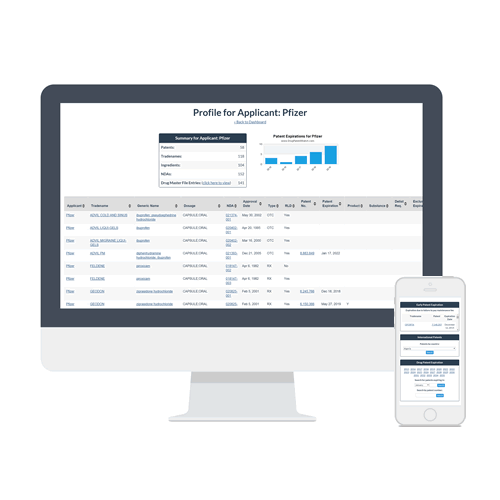 In a recent Insight article published by Global Competition Review, legal experts from Lowenstein Sandler LLP delve into the status of reverse payment cases against pharmaceutical companies. Reverse payment cases arise from settlement agreements between brand-name pharmaceutical firms and generic drug manufacturers to resolve patent litigation under the Hatch-Waxman Act. This legal framework aims to strike a balance between promoting drug innovation by brand-name companies and facilitating the entry of generic drugs into the market.
In a recent Insight article published by Global Competition Review, legal experts from Lowenstein Sandler LLP delve into the status of reverse payment cases against pharmaceutical companies. Reverse payment cases arise from settlement agreements between brand-name pharmaceutical firms and generic drug manufacturers to resolve patent litigation under the Hatch-Waxman Act. This legal framework aims to strike a balance between promoting drug innovation by brand-name companies and facilitating the entry of generic drugs into the market.
Under the Hatch-Waxman Act, no prescription drug can be marketed in the United States without approval from the FDA. Generic drug manufacturers seeking entry must file an abbreviated new drug application (ANDA) demonstrating the equivalence of their generic drug to a brand-name drug listed in the FDA’s Approved Drug Products with Therapeutic Equivalence Evaluations, commonly known as the Orange Book.
One contentious aspect of such settlements is the ‘Paragraph IV certification,’ where the generic manufacturer asserts that the brand manufacturer’s patent is invalid or will not be infringed by their generic drug. This certification allows the brand manufacturer to file a patent infringement case against the generic company without waiting for the generic drug to be sold in the market.
The article highlights the antitrust scrutiny faced by a specific form of Hatch-Waxman settlement known as ‘no-AG’ (authorized generic) clauses. These clauses prevent the brand manufacturer from launching an authorized generic drug during the generic manufacturer’s 180-day exclusivity period, thus potentially delaying the entry of generic drugs into the market. Courts have analyzed whether such clauses qualify as ‘payments’ within the scope of the landmark Actavis decision.
Recent trends indicate that reverse payment cases have evolved beyond traditional cash payments. Non-monetary arrangements, referred to as ‘side deals,’ have garnered interest from both the Federal Trade Commission (FTC) and private litigants. To determine the legality of these agreements, courts have weighed factors such as causation, market power, and the potential impact on competition.


